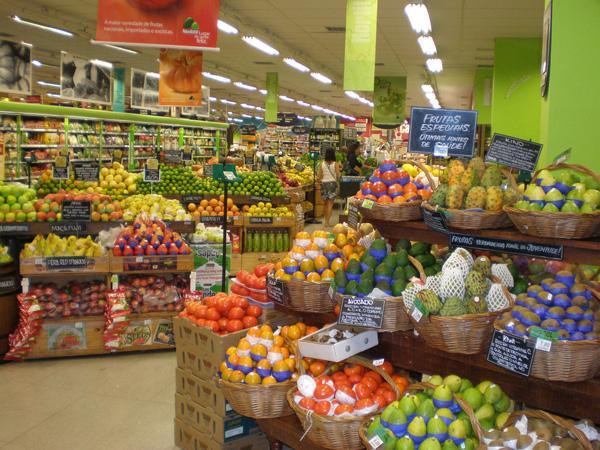
The New York City Council has proposed a bill that would mandate a 10-cent fee on all disposable plastic and paper bags used at grocery stores, aiming to make the city more environmentally conscious by promoting the use of reusable bags.
If passed, New York City will follow the example of Washington, D.C., which currently imposes a fee on plastic bags, and Los Angeles and San Francisco, which have implemented total bans on disposable plastic bags and fees on paper bags. New York City residents use 5.2 billion disposable plastic grocery bags annually, costing the city $10 million in landfill transportation expenses.
Gallatin professor Louise Harpman said the law will promote the use of fewer resources and have an impact in the larger context of combating global warming, but the city ought to implement a comprehensive ban like San Francisco.
“This law doesn’t go far enough,” Harpman said. “It may not actually reduce the use of paper or plastic bags — it will just charge consumers more.”
The bill says store owners, rather than a public fund, would receive the money from the fee. Bags used in restaurant deliveries would not carry a fee, and customers who purchase food through public-assistance programs would not be charged.
Jason Bander, an owner of LifeThyme natural market on Sixth Avenue, estimated that only 5 to 10 percent of his customers currently bring reusable bags, and many shoppers reuse plastic bags as garbage liners at home.
“I don’t know many folks who carry around their own bags,” Bader said. “ In 2011 to 2012 we gave out 10,000 ‘green’ fabric, reusable bags. Of the 10,000, we might see a fraction of 1 percent back in the store.”
Environmental and animal studies professor Jeff Sebo is a proponent of the bill, but he said he would like stronger measures in the future.
“A 10-cent fee for every paper or plastic bag is the absolute least that we can do,” Sebo said. “I wish that the fee was higher and that the money would go to an environmental fund.”
Environmental studies professor Peder Anker said he expects the bill to pass and hopes the next step will be to eliminate plastic bags completely.
“There was much resistance to the ban of smoking in public spaces, though I don’t think people miss it now,” Anker said. “I think the same will happen with a ban on plastic bags.”
Currently 19 council members are co-sponsoring the bill, seven shy of the 26 needed for it to pass.
Tisch junior Madeleine Connors, who is from California, said the law would make the city more environmentally friendly.
“In California I found that even small laws had a ripple effect, forcing people to consider being green in other areas of their life like transportation and power conservation,” Connors said.
The council plans to vote on the bill within the next few weeks.
Carly A. Krakow is a contributing writer. Email her at [email protected].























































































































































sam malone • Apr 7, 2014 at 10:44 am
This will cause botulism when fish and chicken drip in the bags and are used again. Also this city continues to reward people who do not work and get food stamps. I have to work 2 jobs to make ends meet.
Heathe RWay • Apr 4, 2014 at 6:03 pm
I’m surprised the fee would be waived for those purchasing with food stamps. That’s a significant number of people. Assuming their purchases that qualify for tax, are taxed, why would this be any different?